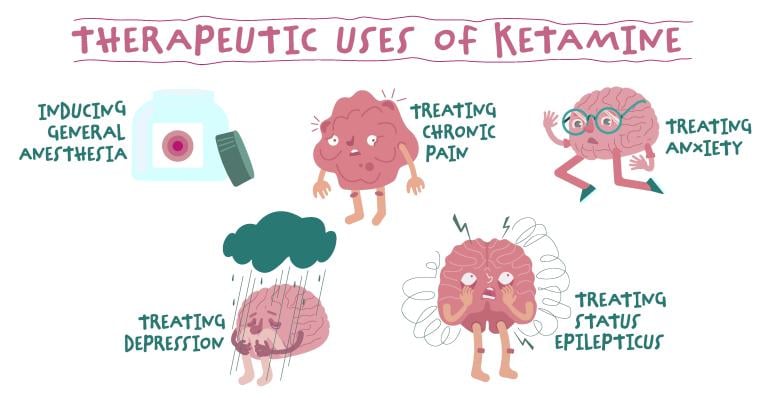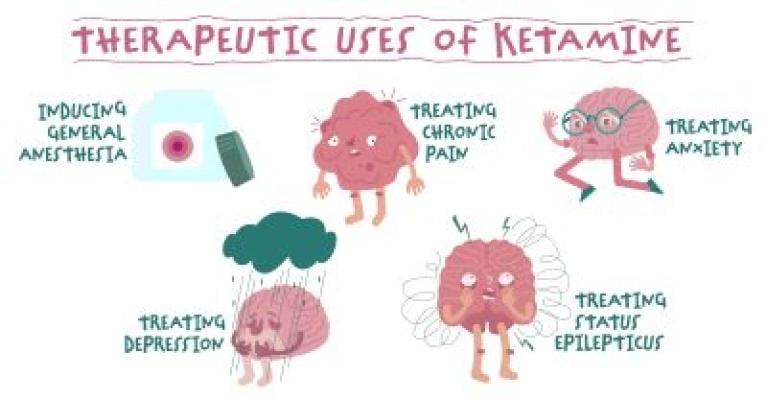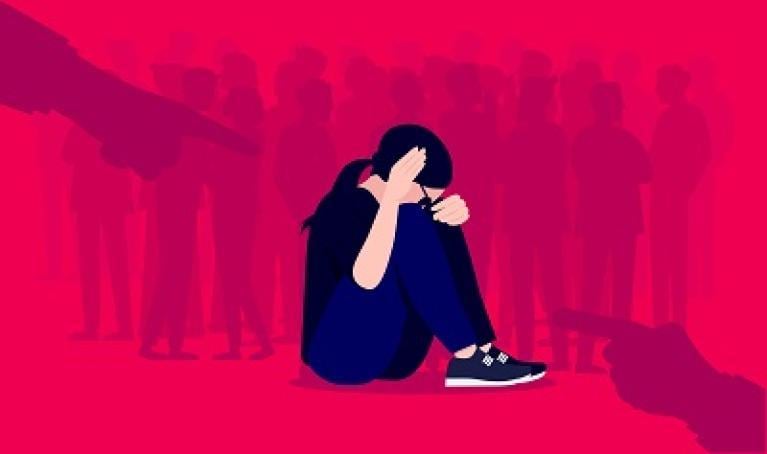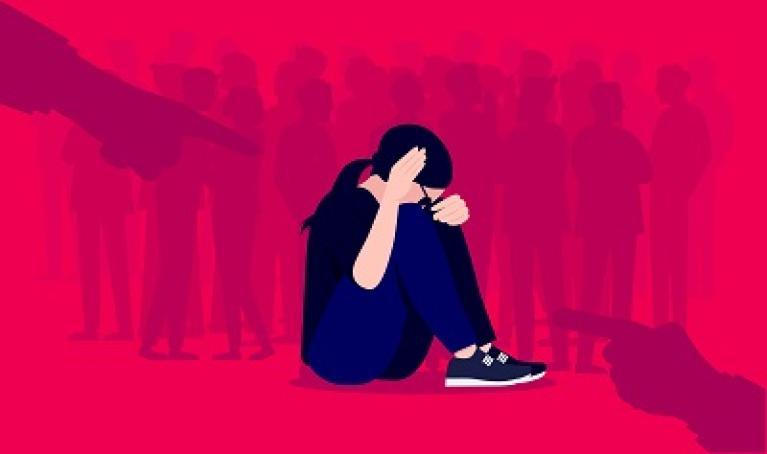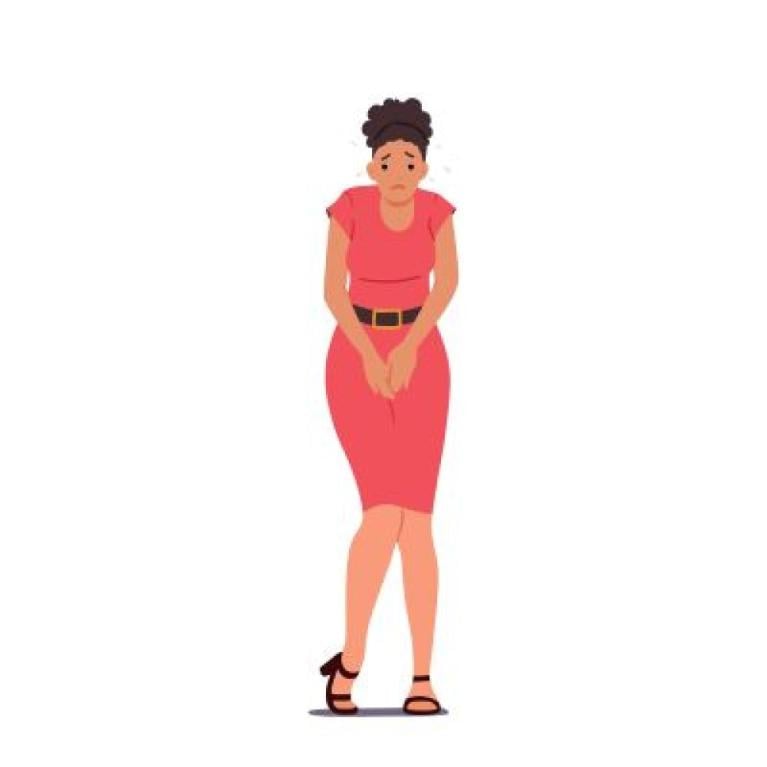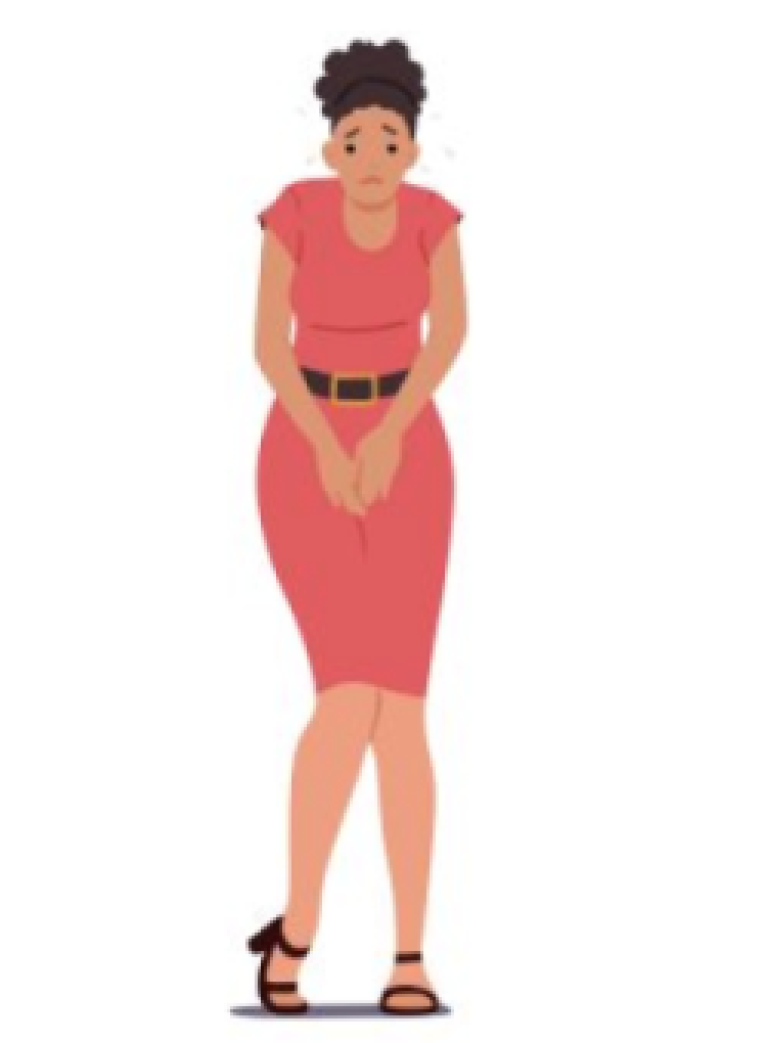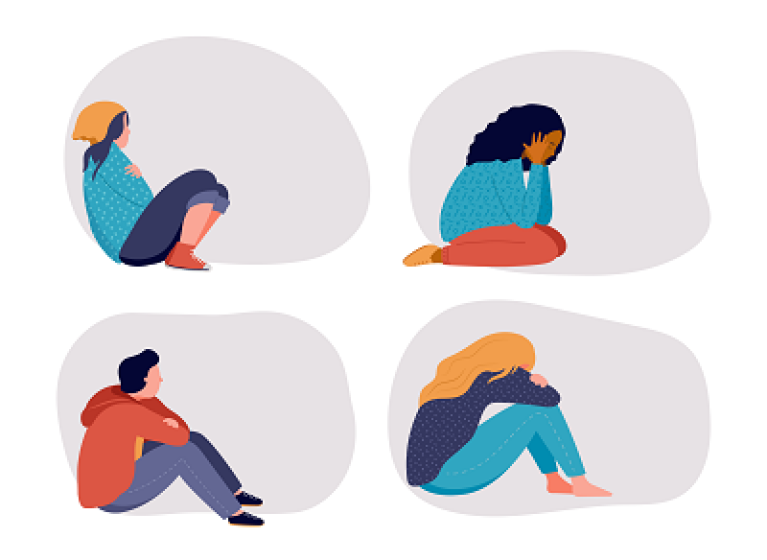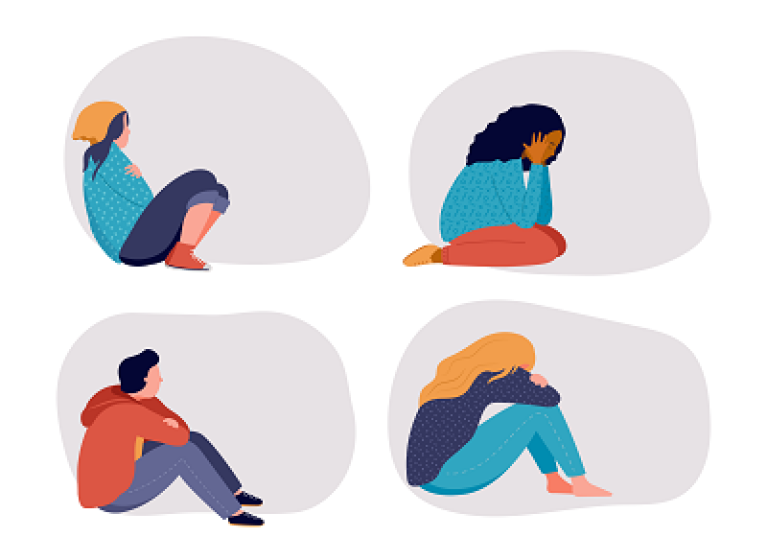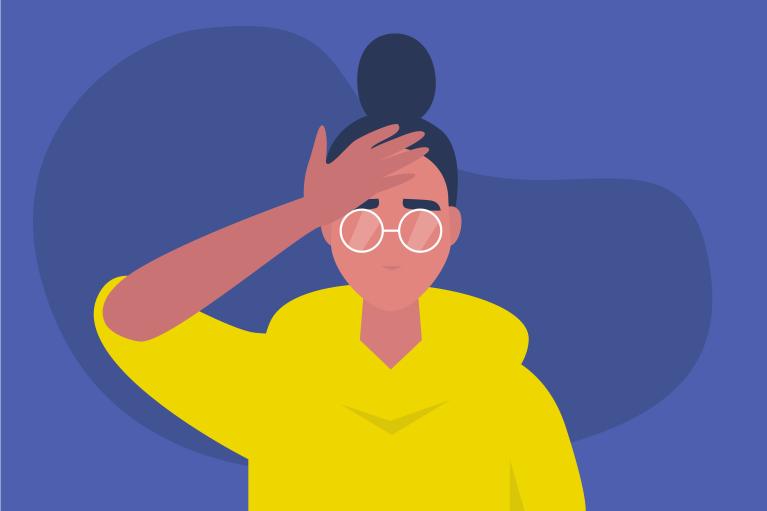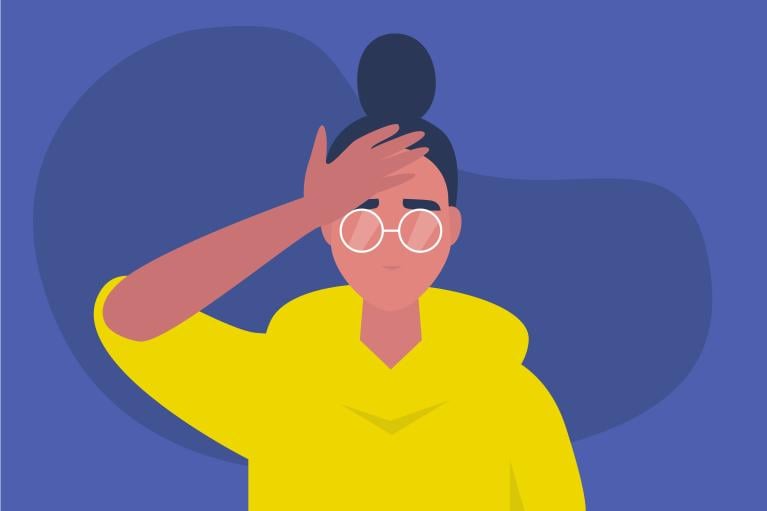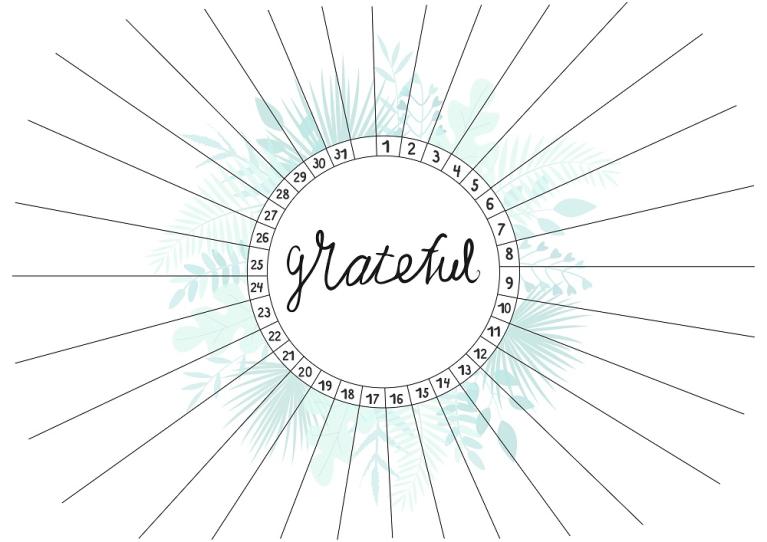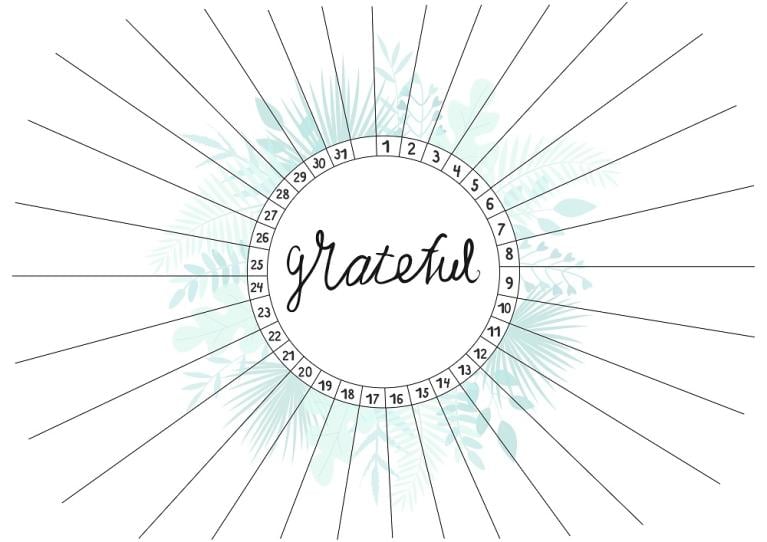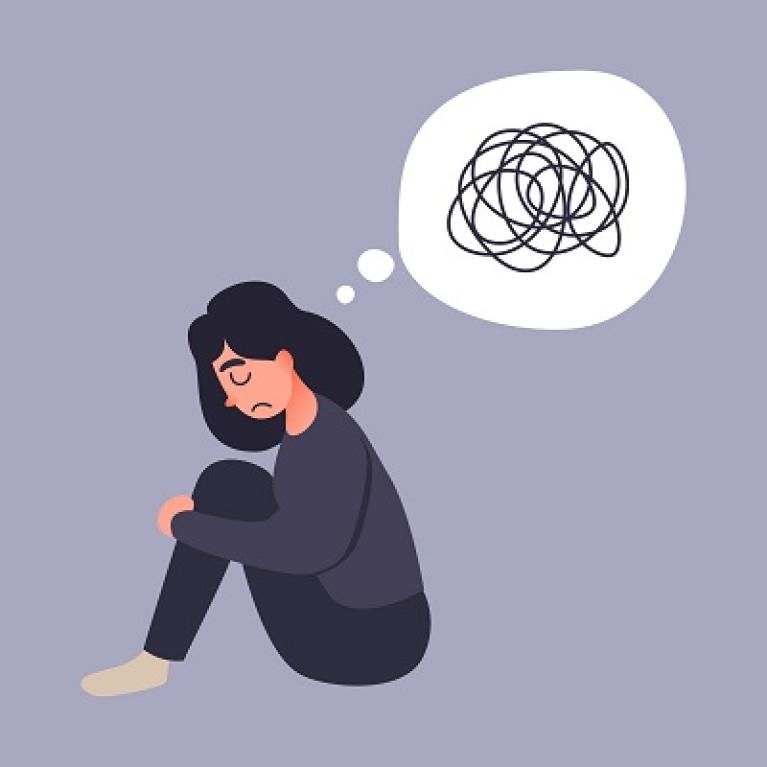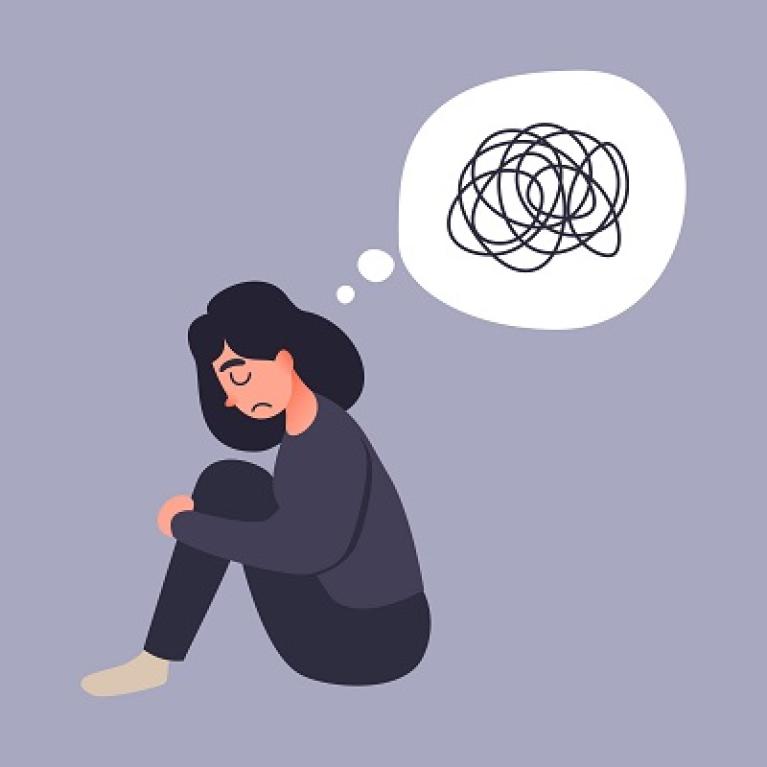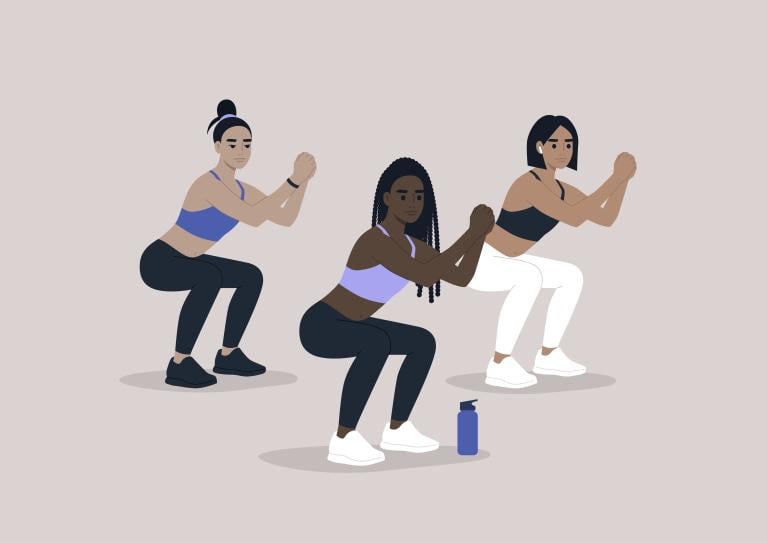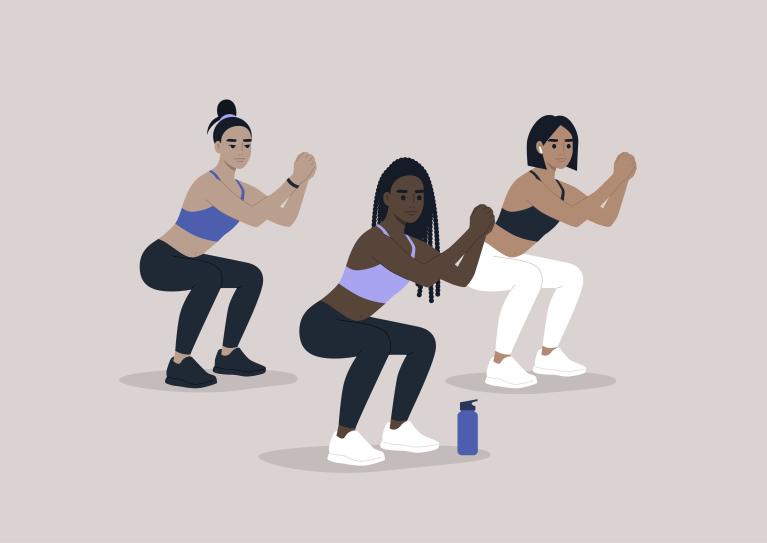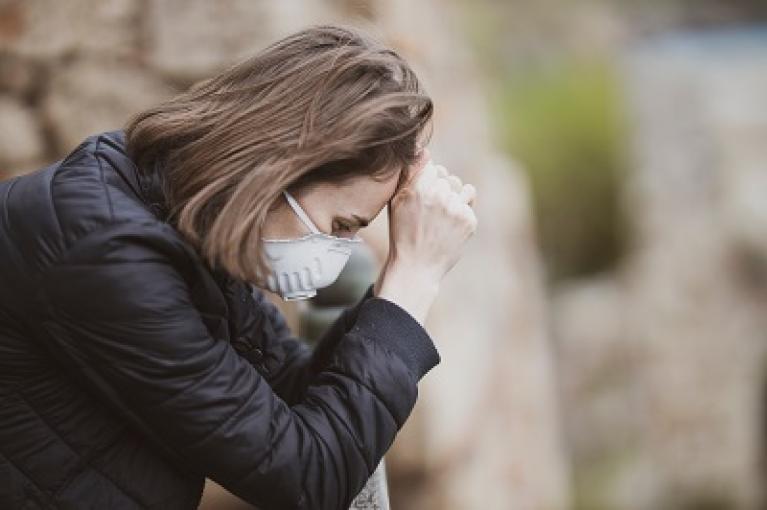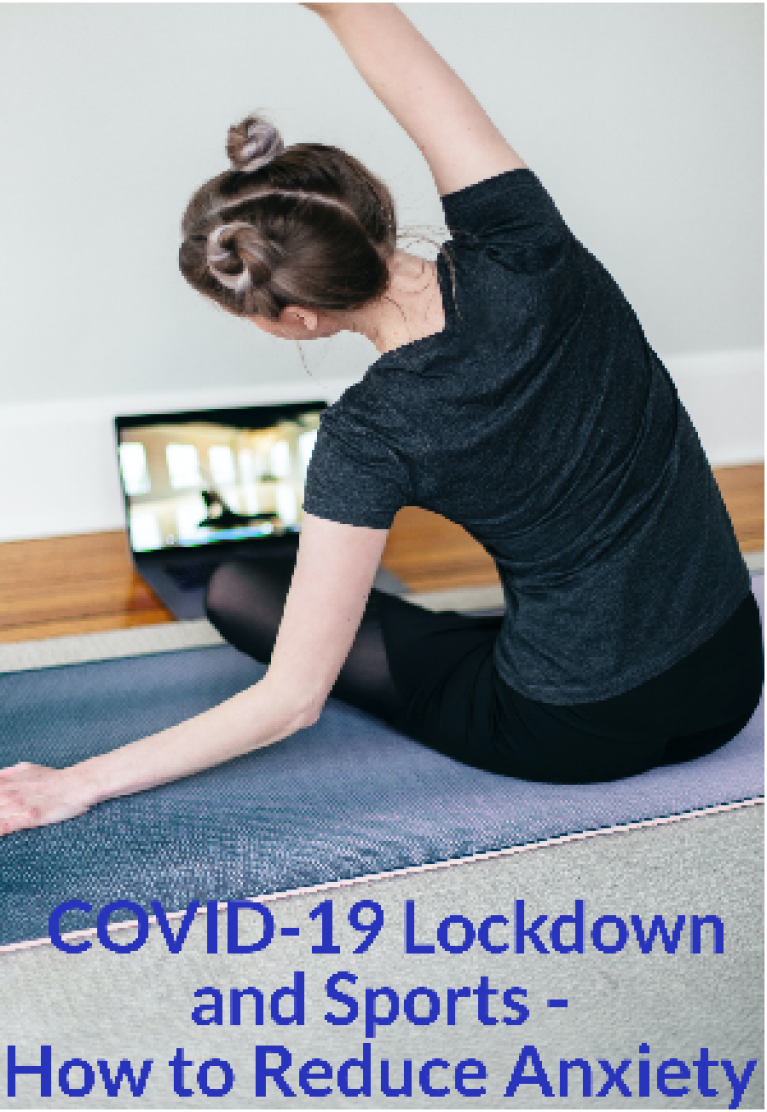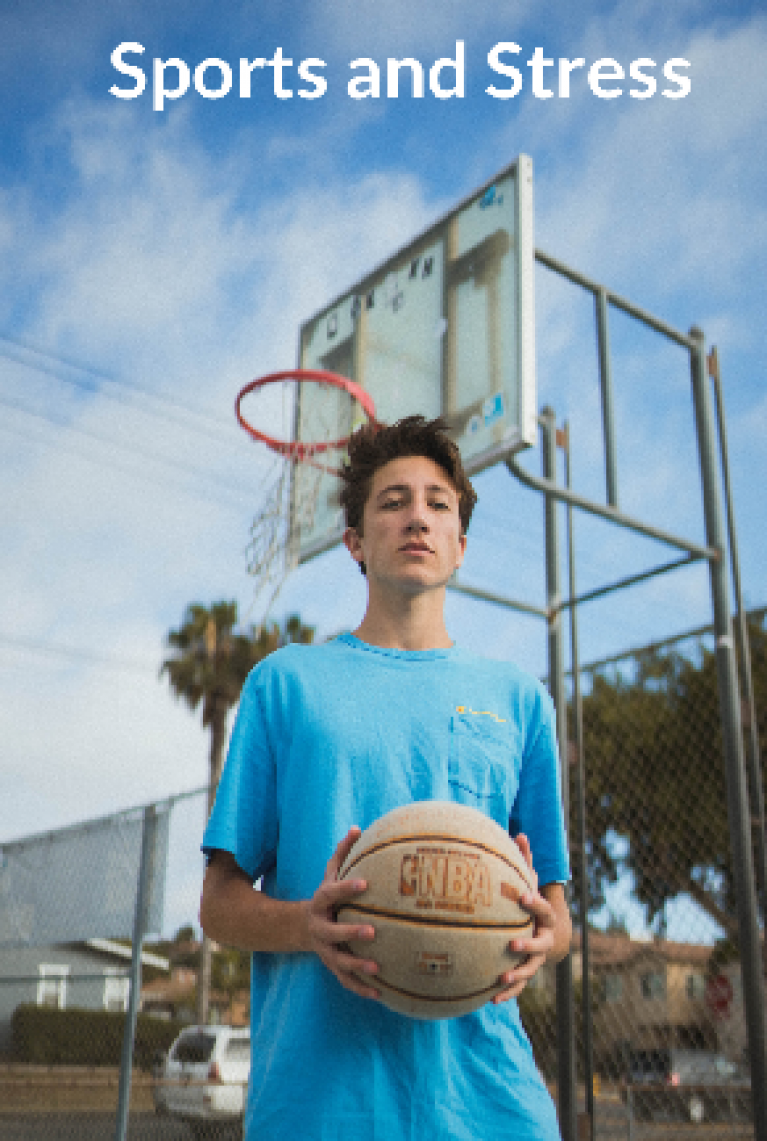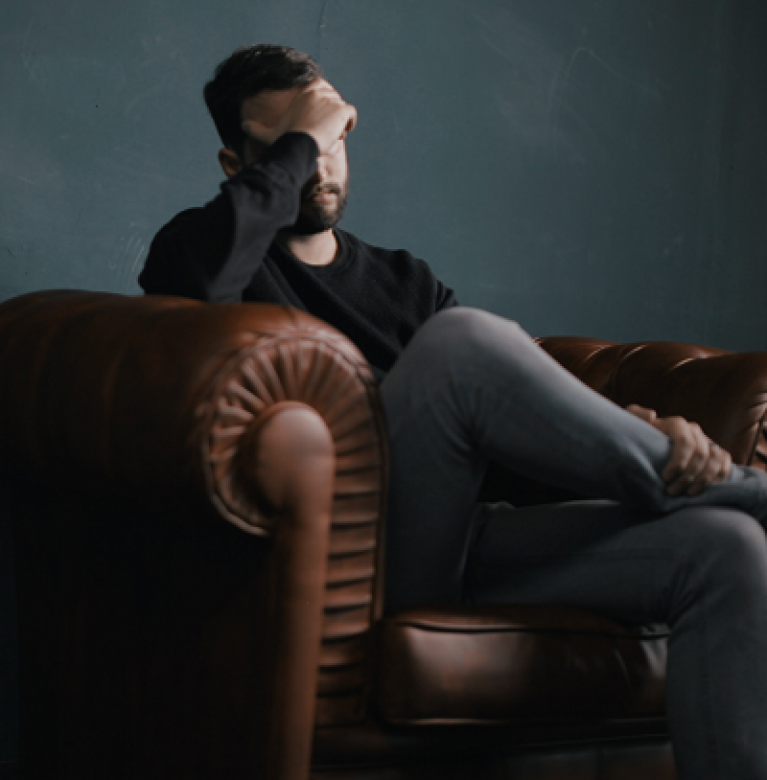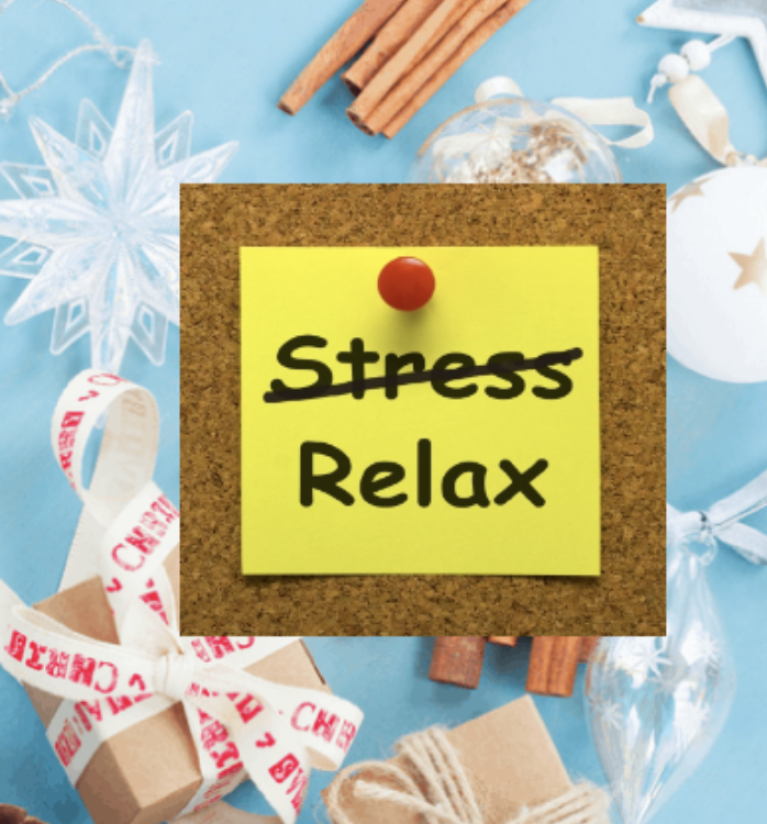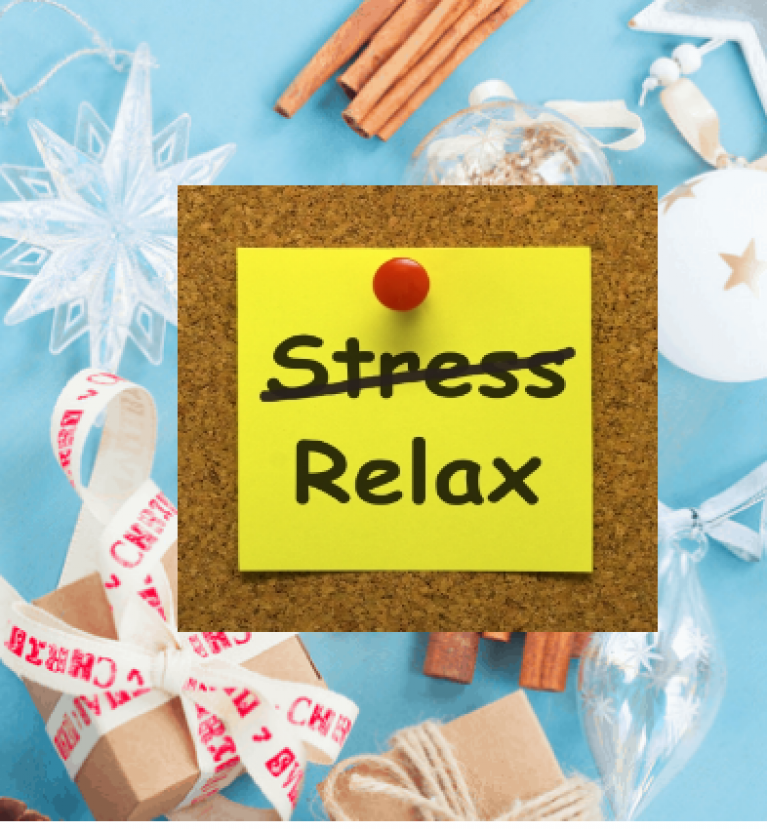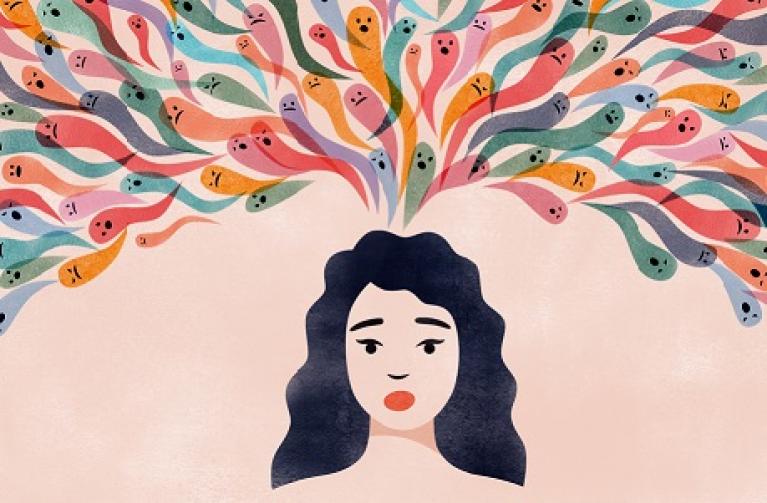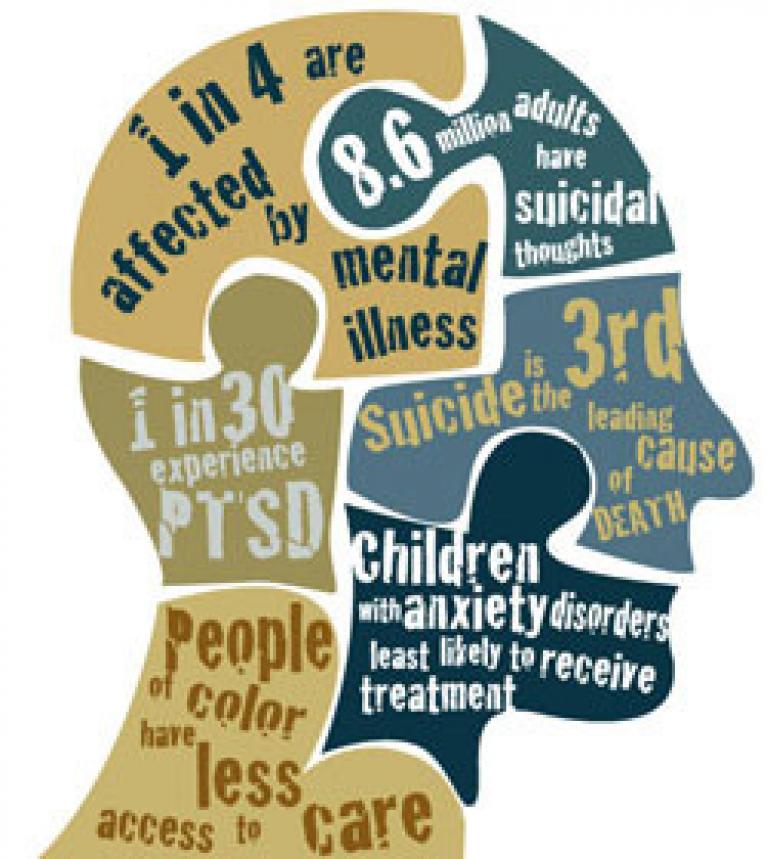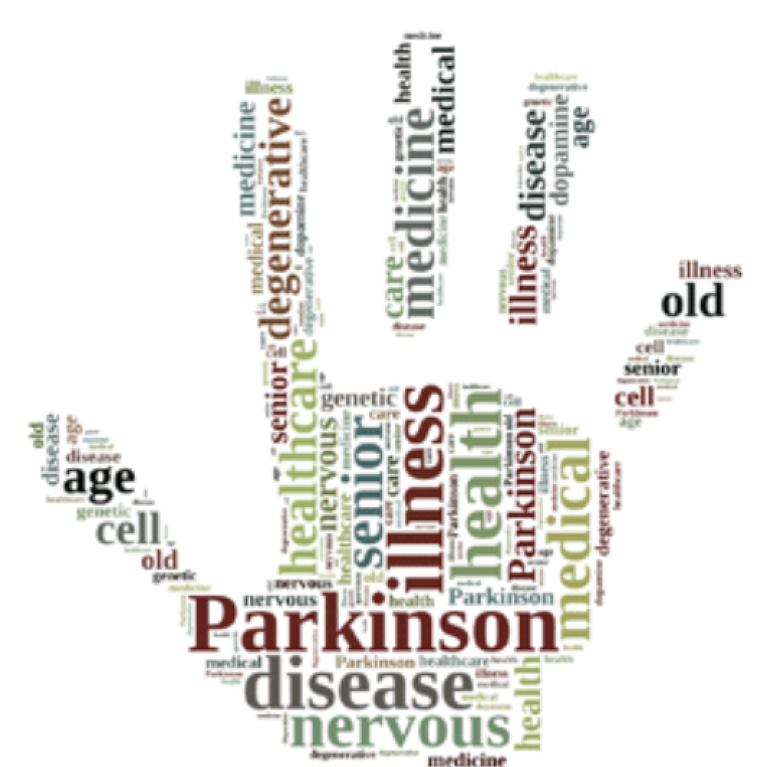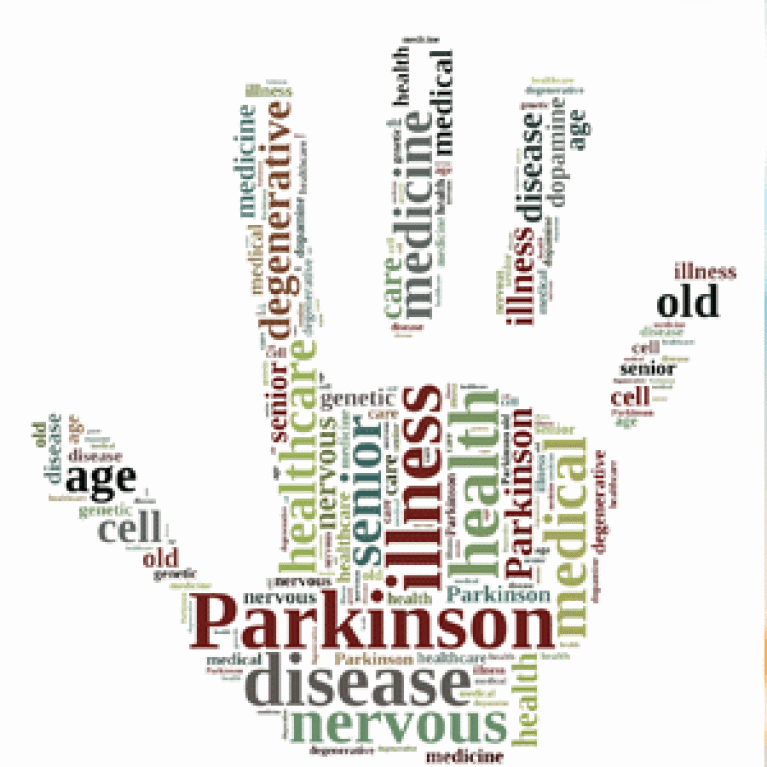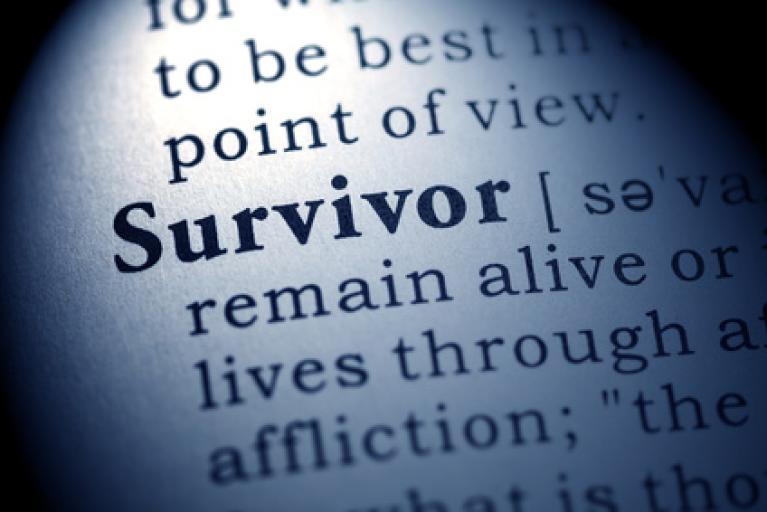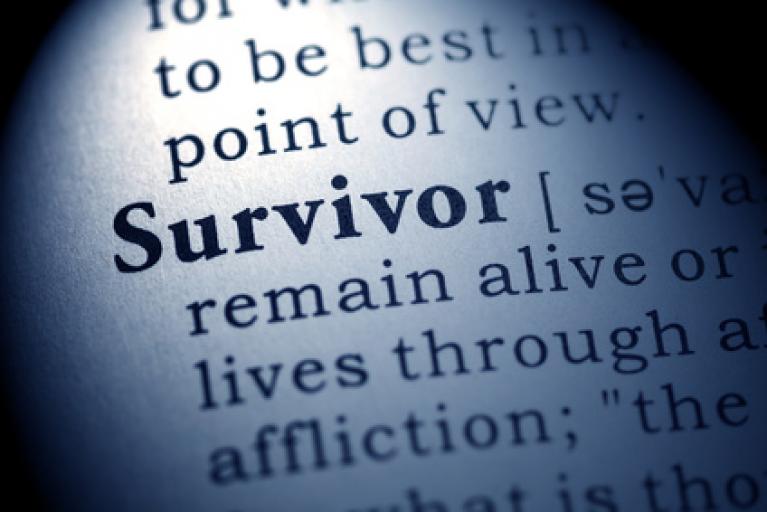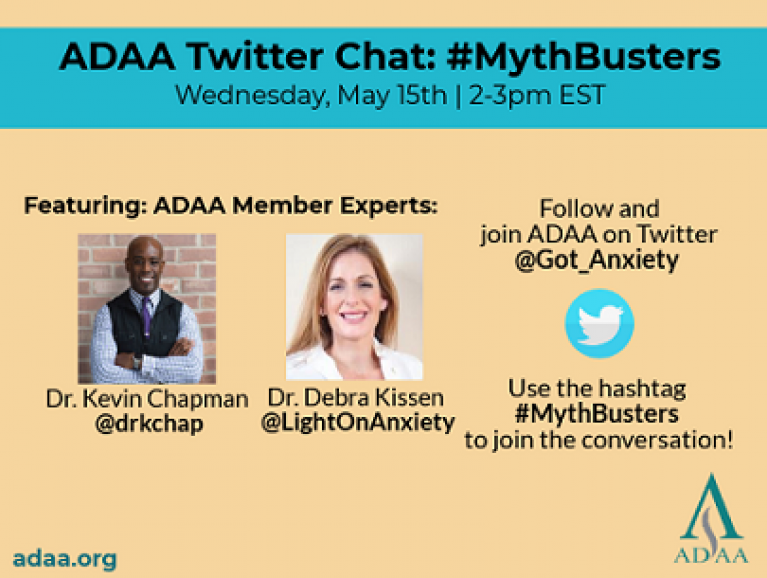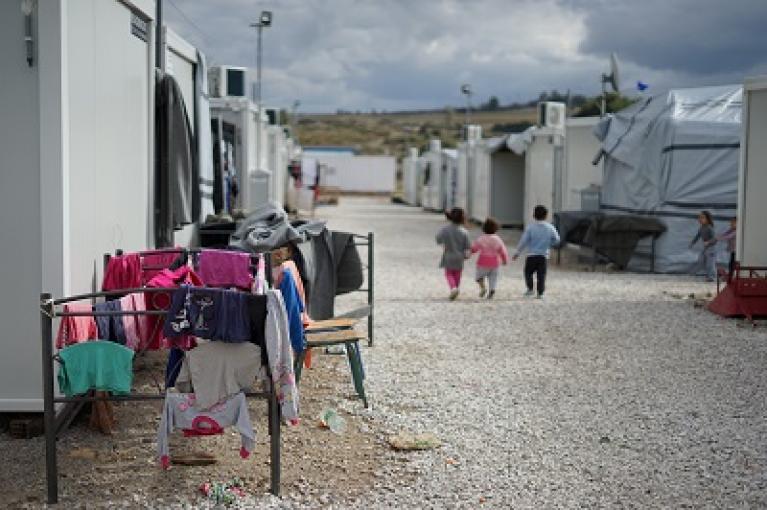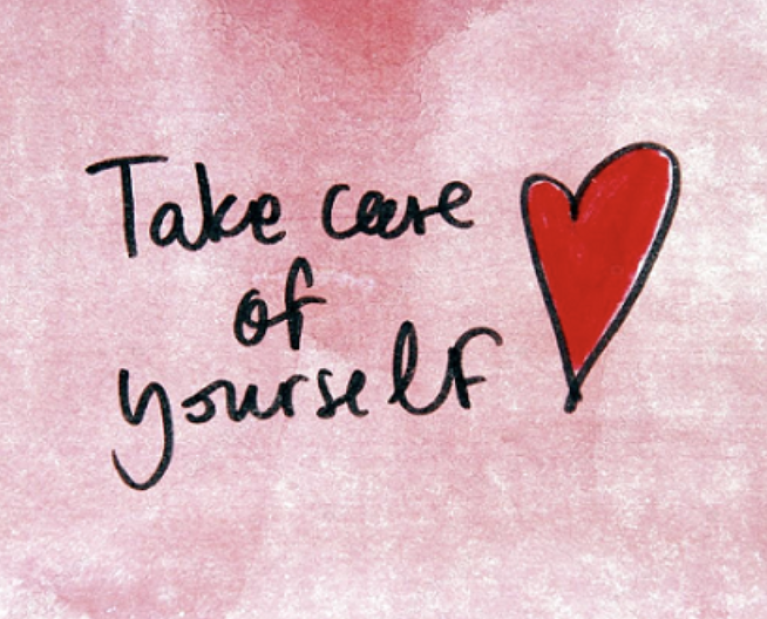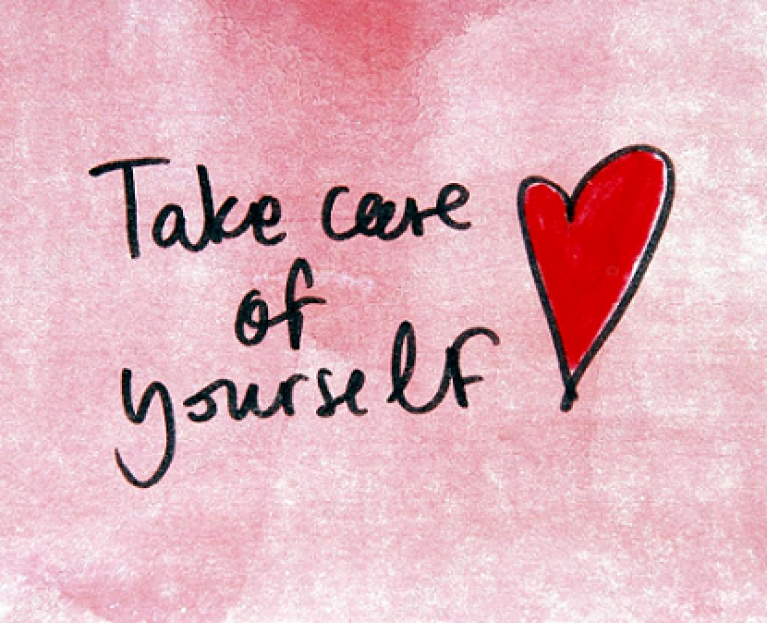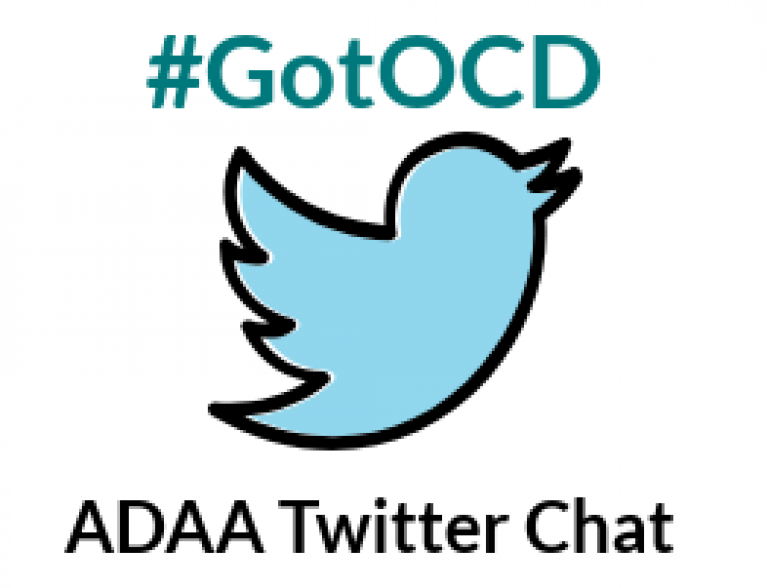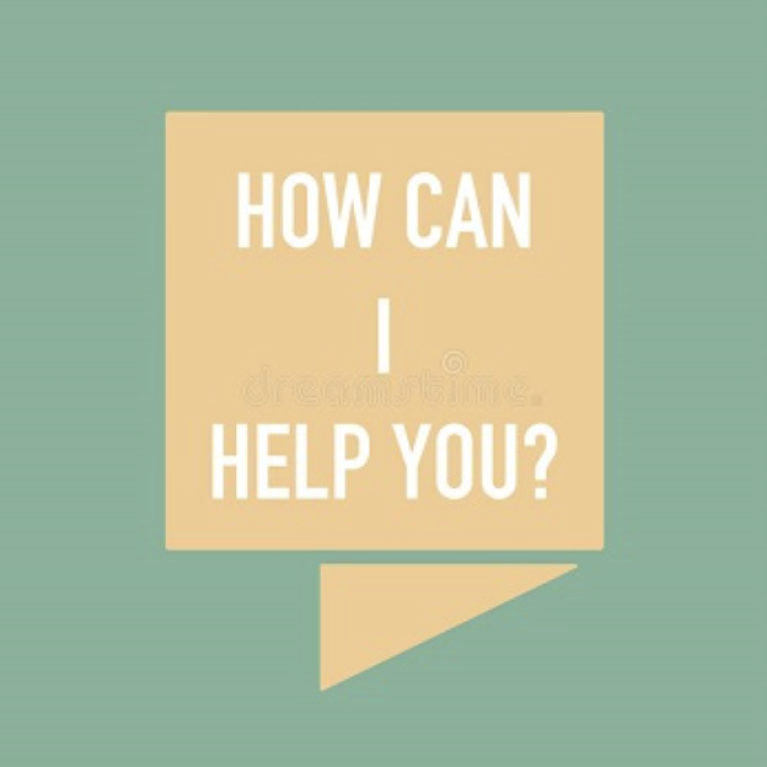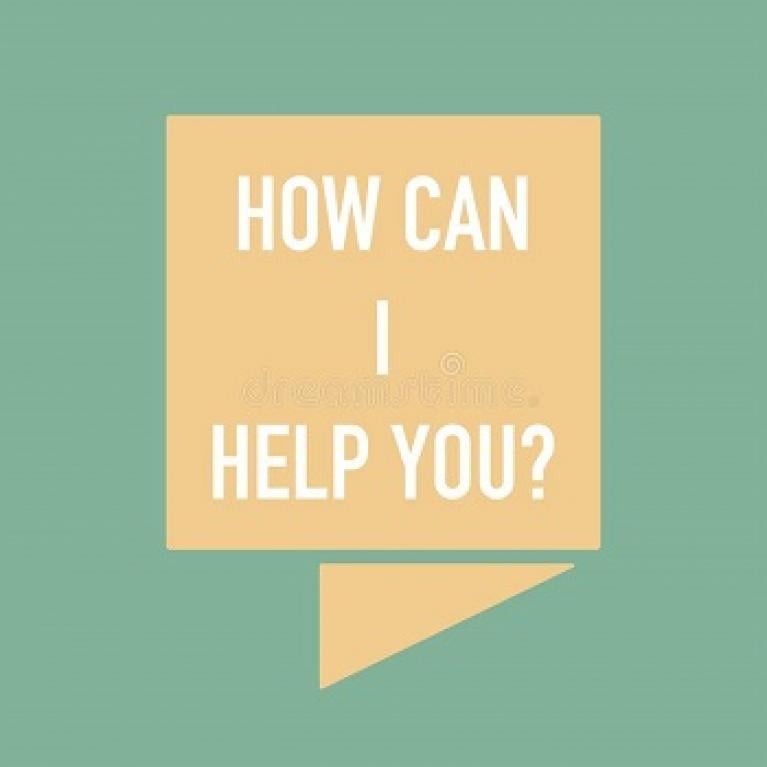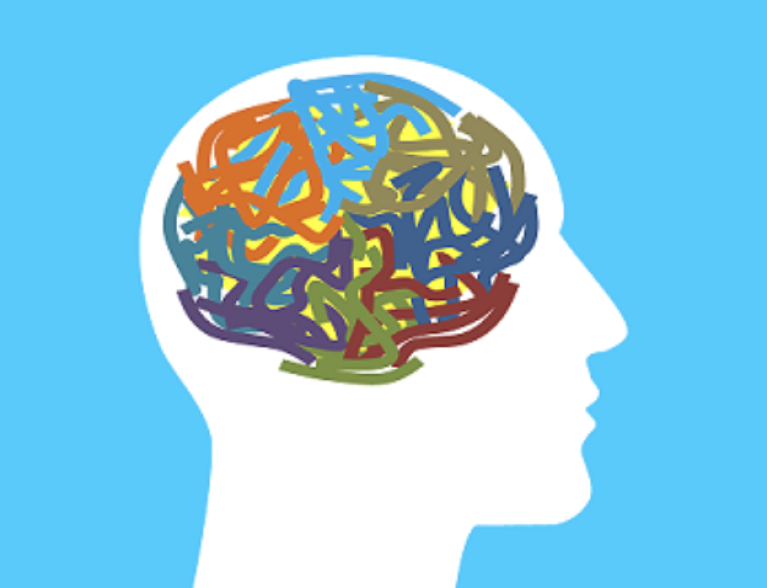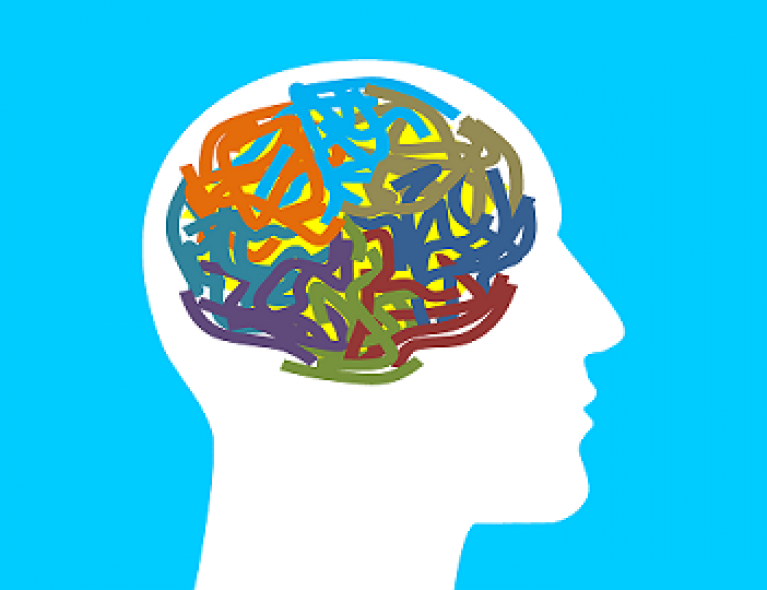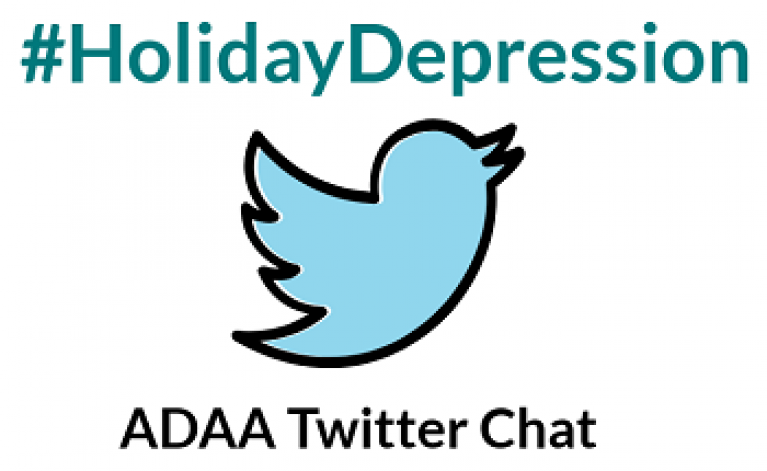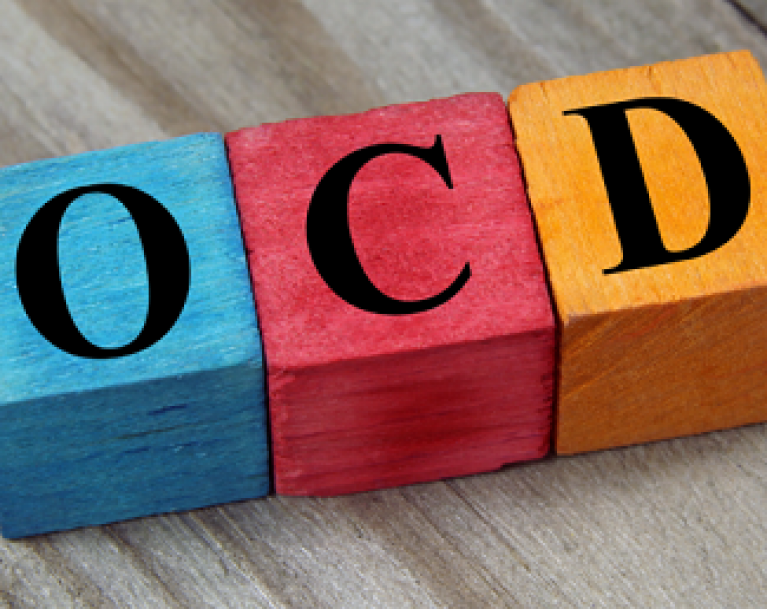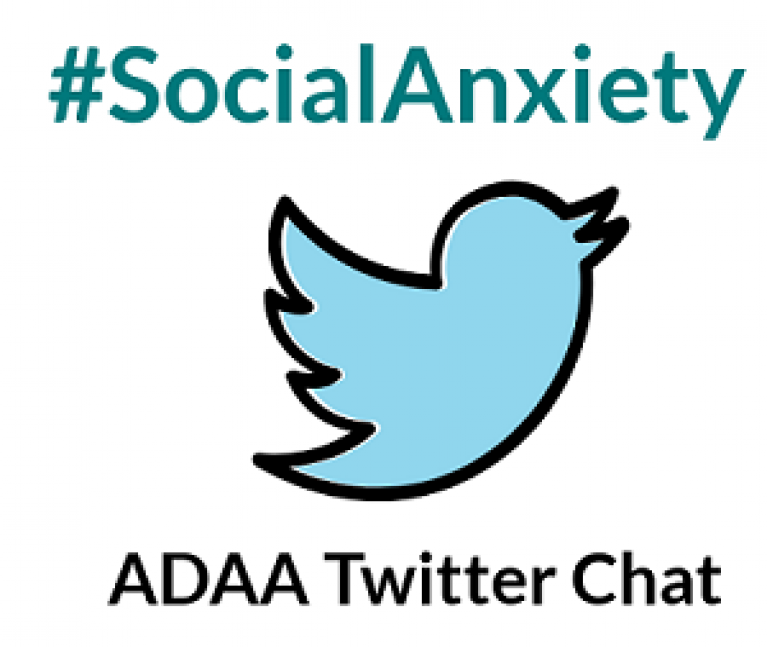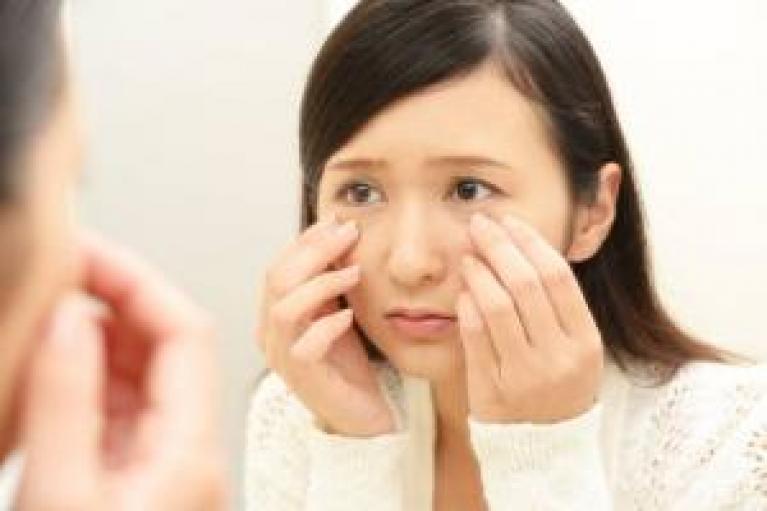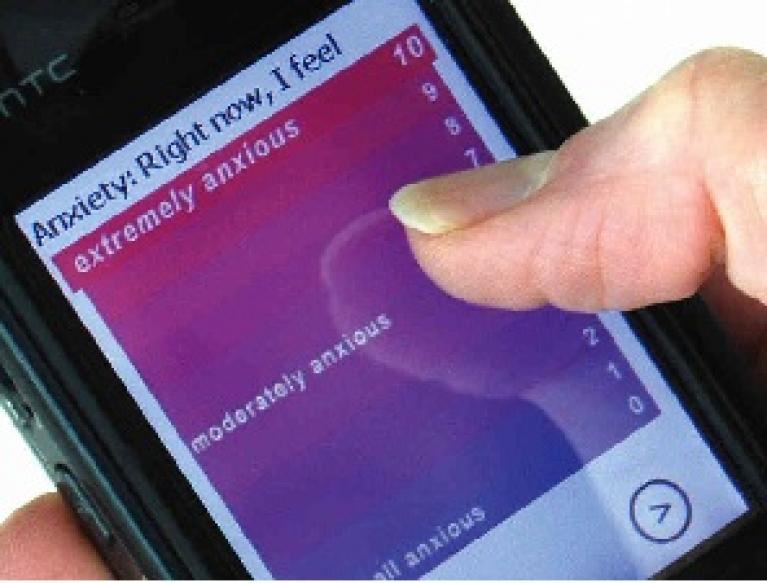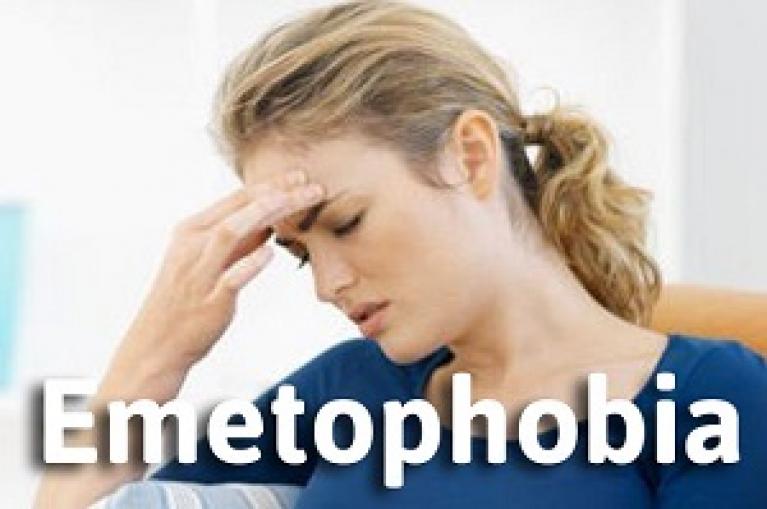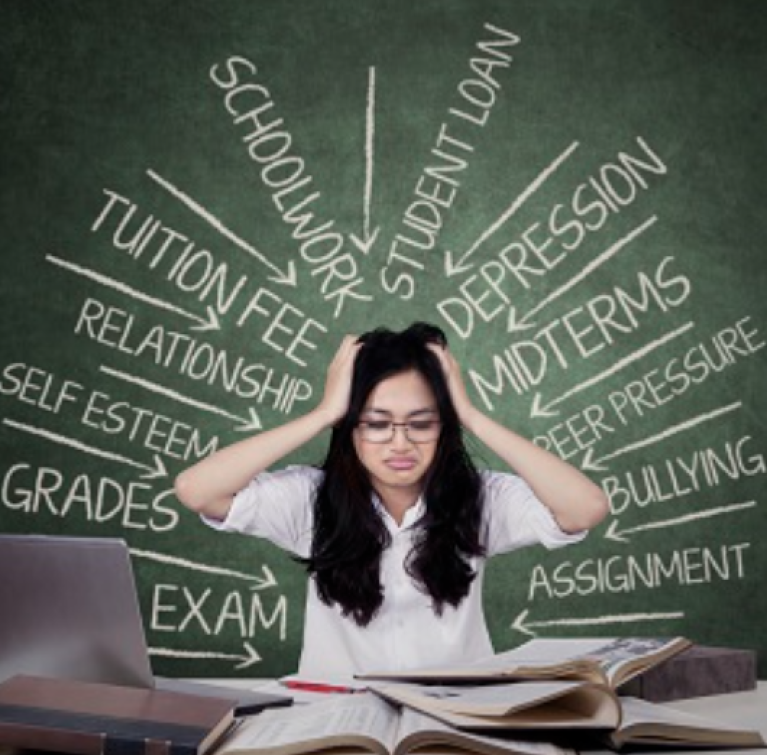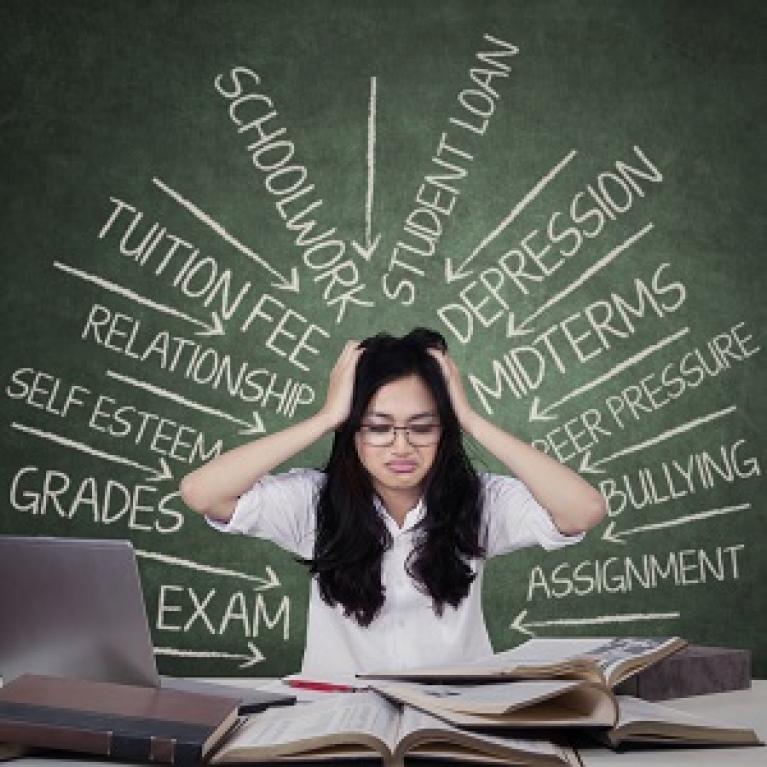ADAA Mental Health Blogs
ADAA's evidence-based mental health blog featuring mental health professionals.
Parenting is an increasingly complex job. It’s layered with important responsibilities one of which is raising anti-racist children. In addition to being a Registered Psychologist, I am also a parent, a white parent, who wonders what I can do to engage with this important work. I have learned that I can be doing more at home to raise antiracist children, and that the responsibility is mine and not that of the Black and Brown communities.
If you engage in some positive distracting activities during this crisis, then the flow of the day will move like a steady stream rather than a slow drip.
Time might seem to go by slowly and you only measure your day by the time between newscasts.
Do not just stay glued to the tv related to the pandemic.
Look up a new recipe and try to cook it. Get creative with what you have in the pantry.
Many parents around the country are being faced with deciding whether or not to have their children return to school — whether it be part-time or full-time — for the upcoming school year. For parents who suffer from significant anxiety, this can be a very difficult decision. The last thing any parent wants is to make a decision that won’t be in their child’s best interest, or that causes the child to be exposed to the coronavirus.
The COVID-19 pandemic has rapidly and abruptly changed human life in unexpected ways. In the last few months, since the COVID-19 stay at home restrictions came into place, millions of people have been working from home and practicing social distancing. As the lockdown restrictions are getting lifted or eased in various places, most people are experiencing some degree of re-entry anxiety, as they contemplate or attempt to navigate some degree of resumption of required pre-lockdown activities, such as going to work.
Today I said thank you to the staff at the senior living facility where my 97-year-old grandmother lives. At the outbreak of COVID-19, she found herself hospitalized with bacterial pneumonia – nothing related to COVID-19. Just poor timing.
For all athletes, the outbreak of COVID-19 brought competition to a striking halt. Many who were ramping up their training regimen for an upcoming tournament, or helping their team strengthen their playoff seeding, were heartbroken to hear there were no more games to be played. Some athletes have spoken publicly about their immense feelings of disappointment, sadness, and anger. However, some athletes who describe themselves as being more anxious in nature are reporting that the absence of competition has actually been more of a relief.
If you are like most families with young children, these past few weeks have been filled with playing simple games, such as who can run the fastest from one side of the room to the other, or who can accurately recite the alphabet backwards. When my children were young, their favorite game involved my hiding their stuffed animals in the house.
Much of the mental health community is moving to teletherapy. While some parents and providers have experienced this type of therapy before, for many it’s brand new! Here are 10 teletherapy tips to help kids and teens get the most out of their teletherapy sessions:
1. Find a space.
Since the World Health Organization declared the COVID-19 outbreak a global pandemic, many of us, even those who have not been infected by the virus, will choose to quarantine in our homes for the upcoming weeks. Capsized travel plans, indefinite isolation, panic over scarce re-sources and information overload could be a recipe for unchecked anxiety and feelings of isolation. Here are a few pointers that could help you survive spiraling negative thoughts about this uncertain time.
1.) Reframe “I am stuck inside” to “I can finally focus on my home and myself”
Are you feeling sad or lonely this Valentine’s Day? We don’t usually associate Valentine’s Day with depression, but if you’ve recently gone through a breakup or if you’re dealing with persistent disappointment in your love life, Valentine’s Day can be a depressing affair.
Emotions Related to Loss
Most of us started out playing sports for fun. Practices and games were a chance to meet up with friends (old and new), to get away from our work-a-day lives, and take on an athletic challenge that got our hearts pumping and our endorphins firing.
For many competitors, however, there’s a point at which the fun-dial gets turned down, and the pressure to perform makes our heads spin, our hands sweat, and we start fearing mistakes rather than embracing opportunities to improve.
Did you know the inability to experience your emotions causes anxious sensations? But that does not mean it's part of an anxiety condition.
One of my favorite concepts to challenge in session is the idea of "My Anxiety." It's often a term people will use when they are struggling with both an anxiety condition and emotional regulation. People suffering from an anxiety condition will often begin labeling uncomfortable emotions as an anxious state or part of an anxiety condition- like generalized anxiety, OCD, or panic disorder.
It’s easy to feel unsettled when we hear unsettling news on television or social media, particularly when several events happen at once. The combination of Kobe Bryant’s death, the fires in Australia, and the spread of the Corona virus, can trigger an escalation of anxiety or depression for those already in a fragile state. It’s normal to experience an emotional reaction to events such as these but we don’t want them to overwhelm us. We can prevent stories in the media from hitting us hard emotionally by taking four simple steps.
Let’s face it. The holidays can be stressful for anyone with all of the expectations for joy, gift giving and getting together with family, friends and co-workers. When you are prone to worry, social anxiety or depression, however, the pressure can feel doubled because you feel out of sync with all the expectations that apply pressure to your vulnerable spots. Here is some advice that could help you to feel better prepared to avoid the pitfalls of the holiday pressure to be something that you are not.
According to the National Highway Traffic Safety Administration, in 2016 alone, there were an estimated 7,277,000 police reported traffic accidents in the United States. Most of the time, the initial concern has to do with any physical injuries for the people involved and getting help immediately. After the accident, when that initial shock has subsided, many fail to recognize how these accidents effect their emotional and mental health.
We all have that one feature on our face or bodies that we don’t like. Maybe your nose tip is a millimeter longer than you would prefer? Perhaps you feel that your cheekbones can be more pronounced? No matter the issue, body insecurity is common among us all. The most prominent evidence of this can be found in the media.
View the ADAA Live Webinar with ADAA members Drs. Kissen and Greene - What Are Intrusive Thoughts and How Can You Deal with Them?
If you suffer from anxiety, you probably have a contentious and complicated relationship with your mind. It feels like your mind tortures you. It gives you all these thoughts about what you should be scared of and horrible things that could happen to you.
Discussing mental health is difficult for everyone, especially for those who experience their own mental health challenges. Our society has made this a taboo topic, which only exacerbates the issue. As we all know, when mental health is not talked about, the stigma continues, leaving people who are suffering alone and in silence. Here are some quick tips on how to stay informed for yourself and the people in your life to keep the conversation going and help end the stigma.
Educate yourself.
Living with chronic illness can sometimes feel like an insurmountable challenge. It can be demoralizing, scary, isolating, and frustrating. But there is hope. Read on to learn several helpful strategies to cope with chronic illness.
The loss of a loved one to suicide is a far too common tragedy. In 2017 alone, 47,173 people in the United States died by suicide [1] and it is estimated that an average of 135 people are exposed to each suicide death [2]. These suicide survivors include immediate and extended family members, friends, coworkers, classmates, and any others who were close to the deceased. Following a suicide loss, survivors may experience profound distress and emotional pain as well as feelings of stigma, guilt, and shame [3].
In honor of Mental Health Awareness Month, Drs. Debra Kissen and Kevin Chapman hosted a Twitter chat under the title #MythBusters where they debunked common myths surrounding anxiety and provided the actual corresponding facts.
M1: Taking some deep breaths or breathing into a brown paper bag will help you when you feel anxious.
Imagine one morning you wake up to a loud sound of explosion, and in disbelief find out the whole city is in chaos. There is no electricity, no tap water, grocery stores are closed indefinitely, and there is no gas for the car. Control of your neighborhood constantly transitions between different groups who may treat you differently based on your religion or ethnicity, and yourself and your family are under constant threat of torture, and injuries, or even loss of life. This is what happened in Syria.
Friends and family are great at being the go-to support for the occasional ups and downs we experience in our day-to-day lives. Venting to them can feel uplifting, but in order to learn tools to overcome life’s challenges feel and feel empowered in the long run, seeking professional help may be the best route. However, sometimes there is a barrier. The most common being the costs that seems to get in between people wanting to create change but not having the funds to do so.
I’ve had this terrible thought I can’t get out of my head. I saw a post on Facebook from a girl I met at a party in college and remembered an incident from ten years ago. We were both pretty drunk and started fooling around. I went back to her room, and we ended up having sex. I don’t remember much else. In the morning, it was awkward, but she didn’t seem upset. We never hooked up again. I hardly ever ran into her. But when we did see each other, she was friendly. Still, I can’t stop thinking I raped her. What if I was so drunk I don’t know what really happened?
What comes to your mind when you think of Valentine’s Day? If you suffer from anxiety and worry, then there is a good chance that you are concerned about being disappointed or about disappointing someone. If you do not have a romantic partner then your anxiety might be focusing your worry on never having a partner or never finding a great love. If you are depressed, then you might be experiencing more cynical thoughts about the commercialization of the holiday, the futility of romantic relationships or your own unworthiness for a fulfilling romance.
On February 7, 2019, ADAA held a Twitter chat under the title #GotOCD. ADAA member experts Jonathan Grayson, PhD and Jenny Yip, PsyD, ABPP answered questions on the different types of OCD and treatment. Read the Q&A below:
Family members often feel frustrated and helpless as they do not know what to say or how to behave with their loved one who they may view as not being proactive in trying to get better or being irritable and negative with them.
Modern life keeps us very busy.
We find ourselves ignoring the fundamentals like our health, family, friends, community etc.
All that neglect causes dysfunction in our lives.
We try desperately to fix the problem after it becomes a significant issue. In other words, we are attempting to reverse the damage once it has already become a disorder.
As a physician, this neglect is something I see among my patients every day.
On November 13, 2018, ADAA held a Twitter chat under the title #HolidayDepression. ADAA members Mary Alvord and Shane Owens answered questions on coping with depression during the holiday season.
Q1: How common is depression during the holidays?
We conceptualize OCD as a biologically based mental health disorder whereby a person experiences intrusive unwelcome thoughts (obsessions) and engages in rituals (compulsions) to get rid of the anxiety (or any uncomfortable feeling) associated with these thoughts.
Often overlooked in conceptualizing OCD are the physical sensations that folks may focus on, rather than a primary disturbing thought.
On October 11, 2018, ADAA held a Twitter chat under the title #SocialAnxietyADAA. ADAA members Debra Kissen and Holly Scott answered questions on the signs and symptoms of social anxiety as well as coping tips and strategies.
1: What are the signs and symptoms of social anxiety?
Peggy, an attorney in her late 30s, establishes rituals to protect herself from aging and in her mind, becoming ugly. These rituals include 20 to 30 facial wraps a day, washing her face 40 times from morning until night, applying her cosmetics in a ritualized order, and constantly standing in front of mirrors to scrutinize the symmetry of her legs. These rituals last 8 hours a day every single day and cost over $10,000 a month to maintain.
Ever wonder why you get “butterflies” in your stomach before doing something stressful? Or why you feel like your stomach is “tied in knots” after an argument? Ever had a meeting with a toilet that went longer than expected and it wasn’t caused by anything you ate? Stomach problems are one of the most common symptoms of stress and anxiety.
It was not until my son returned from his freshman year at Emory University did he reveal what happened on our flight to Atlanta. Now back home in Los Angeles, sharing college stories with his best friend Emily, Jason disclosed to us that he was so anxious about going to Emory he threw-up in the bathroom of the plane. Emily, who spent her first year at Tulane in New Orleans, candidly offered her opinion as only a best friend can do, “You’re such a barfer. Barfing is your go-to when you’re anxious.” I asked Emily, what was her go-to? “Oh I’m a crier.
In a recent article, USA Today explored the growing field of apps targeted towards mental health and mental health treatments. The article claimed that millions of Americans are turning to apps to provide therapy treatments and explored the usefulness of such resources for improving mental health.
The current border crisis where children are being forcibly separated from their parents has many of us wondering about the impact of such a practice. As a child psychologist who understands the effects of trauma on a child’s mental health, cognitive and emotional development, physical health, social adjustment, interpersonal formation, and academic challenges, I am disheartened by what these innocent children have been experiencing. As a mother, I am filled with anguish when imagining the utter fear and terror of a child being pulled away from the safety of a parent or loved one.
As a clinical psychologist, I probably think about suicide more often and in different ways than most. I’ve read the research. I’ve been trained to ask the hard questions. I am all too familiar with the frustrating gaps in our knowledge base: what causes it, who is at risk, how do we prevent it? I understand the stigma and misconceptions surrounding it, and I know, firsthand, the collateral damage that stems from it.
Updated October 2020
What You Need to Know About Treatment and Medication Options
Many of you, like me, follow a number of news sources throughout the day. Whether radio, television, e-news sites, or newspapers, there are a myriad of ways that people can easily access information 24/7. This proliferation of information is wonderful – but it can be overwhelming and in some cases – especially around mental health issues – inaccurate or simply untrue.
With the deluge of information on this event, it is highly likely that your children, preteens, and teens have heard a lot about the event and may have even seen some of the video coverage of the shooting itself and the aftermath. The key message for parents to convey after exposure to any type of trauma or violence is to ensure that your child feels safe and loved.
An underappreciated tool for successful living is “The Art of Disengagement.” There is much literature around engagement and holding one’s ground, but disengagement often gets the short end of the stick.
It takes much skill, mental training and control to disengage. When your brain is sending you a signal “this is very critical to survival” it becomes hard to then note this as a false alarm. Choosing to attend to a different stimuli can feel like it requires a black belt in mental training.
No parent has adequate words to explain the destruction that nature causes. When our children ask us the big questions, such as “Why?” or “What is going to happen next?” after a flood, earthquake or hurricane has destroyed their home, community or disrupted daily life, adults can get stuck thinking that they have to provide an explanation for the unexplainable. What helps is to realize that what your child is really asking for is comfort and hope in a difficult time. This is something that you can provide, even when you are personally devastated by the same situation your c
The fear of vomiting can become so all-consuming and terrifying that eating becomes a struggle and weight loss becomes dangerous. As sufferers try to protect themselves from throwing up, their world shrinks until it becomes impossible to work, go to school, or to socialize. This was Kay prior to treatment. In this live free webinar, Ken Goodman, author of The Emetophobia Manual, interviews Kay, one of his former patients. Together they discuss her remarkable healing journey and how she freed herself from the fear of vomit and reclaimed her life.
College is typically a challenging experience with some expected highs and lows. For some it is also the time during which common mental health problems start. Because of this, you have to talk to your kid about mental health before school starts.
This conversation must include these topics:
